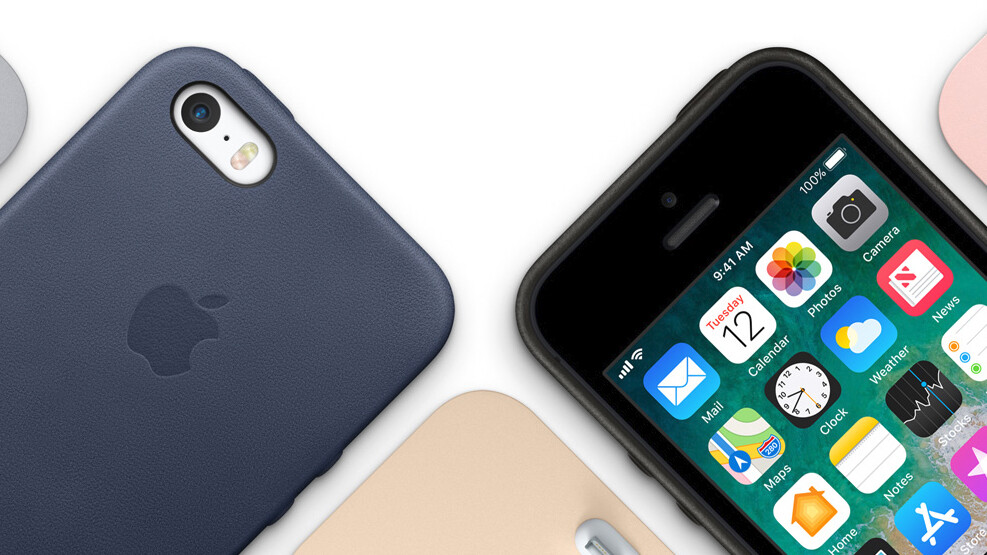
If you’ve felt that your iPhone has been slowing down over time, you aren’t imagining things: Apple has confirmed that it intentionally curbs performance on devices with aging batteries, including the iPhone 7, 6, 6s and SE – and it’ll continue to do so for other products too.
Naturally, no one wants sub-par performance from the devices they use daily. But according to Apple, its measure is intended to prevent unexpected shutdowns when their phones attempt to draw more power than the battery can deliver when you’re running a CPU-intensive process. Here’s the statement it provided to TechCrunch on the matter:
Our goal is to deliver the best experience for customers, which includes overall performance and prolonging the life of their devices. Lithium-ion batteries become less capable of supplying peak current demands when in cold conditions, have a low battery charge or as they age over time, which can result in the device unexpectedly shutting down to protect its electronic components.
Last year we released a feature for iPhone 6, iPhone 6s and iPhone SE to smooth out the instantaneous peaks only when needed to prevent the device from unexpectedly shutting down during these conditions. We’ve now extended that feature to iPhone 7 with iOS 11.2, and plan to add support for other products in the future.
So, is Apple right to throttle performance? On the one hand, that certainly beats having your phone crash, freeze, or shut down often. But on the other, it’s the same company that sells you the device that’s taking the call on when your phone will start to slow down – and the effect of that decision is likely to encourage you to shell out for a more recent model, or at the very least, a new battery.
So it's true Apple intentionally slow down old iPhones. Proof: My iPhone 6 was bought 3years ago and recently got really slow. APP 'CPU DasherX' shows iPhone CPU is under clocked running at 600MHz. After a iPhone battery replacement. CPU speed resumed to factory setting 1400MHz. pic.twitter.com/pML3y0Jkp2
— Sam_Si (@sam_siruomu) December 20, 2017
Why not just be totally upfront about this and notify users about battery wear? TechCrunch’s Matthew Panzarino also pointed out that giving users too much information about that could also see them replacing batteries too early, or unnecessarily replacing phones. There’s also the issue of how conservative or aggressive iOS should be in determining when to start throttling performance. Again, that’s a sticky wicket for users, who may form their own opinions about how it should work.
What Apple should be upfront about is the fact that it does engage its power management features to ensure incident-free performance, even if things do get slow. It should also make it easy to replace batteries so that iPhone owners don’t have to ditch their pricey handsets when a cheap fix will keep them going for another couple of years.
Right now, the company just looks like it’s kept this important function a secret in the name of earning more money through planned obsolescence, and that’s not a good look for Apple.
Get the TNW newsletter
Get the most important tech news in your inbox each week.




